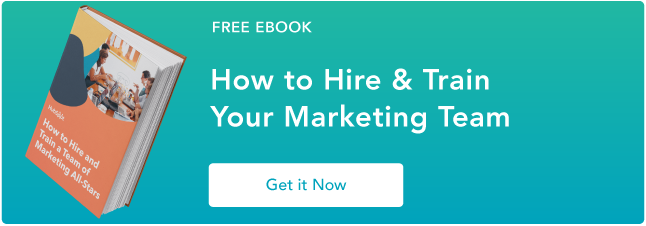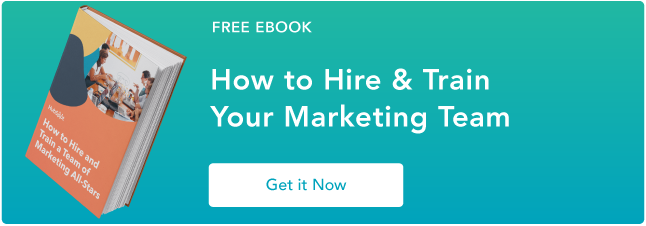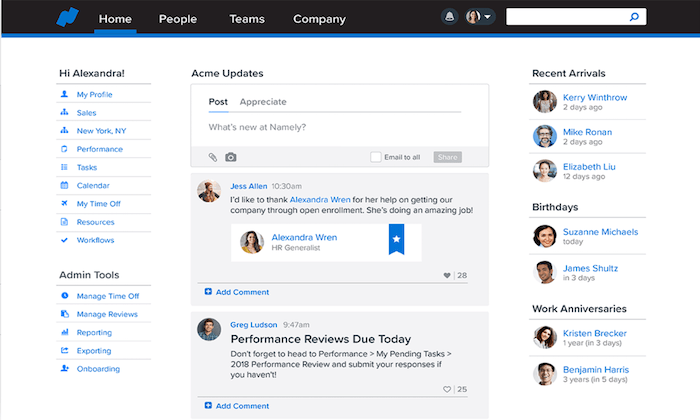The Ultimate New Hire Onboarding Guide That Actually Works

My first time getting hired — a college internship — wasn’t exactly memorable. Honestly, there wasn’t much of a new hire onboarding process at all. Instead, my boss gave me a brief rundown on how the organization was structured, what my role entailed, and what my first assignment would be.
By the time I got to my cubicle, I was feeling pretty unprepared and even frustrated. Who was on my team? Wasn’t I supposed to meet them? What do I even do? While I may have been a lowly intern, my experience wasn’t unique.
Ultimately, your new hire onboarding experience will set the stage for your overall employee satisfaction. So, I’m going to draw from experience to give you an example of an onboarding process that will help you nurture a more cohesive company culture. Let’s dive in.
Table of Contents
Why Effective Onboarding is so Important
Before we explore my approach to onboarding, I need to highlight why your employee onboarding process matters. After all, if your company’s onboarding process just involves filling out new hire paperwork on day one and meeting a bunch of HR professionals the next day, that experience might be clouding your judgment on just how influential onboarding can be.
In essence, there are two main reasons you want your onboarding process to be effective. First, you reap what you sow. You need to give employees what they need to help you achieve your company goals.
In a 2022 onboarding survey by Paychex, 52% of the 1,002 surveyed working Americans reported feeling satisfied with their onboarding experience.
What’s really surprising is that despite that being the case, the same number of employees (52%) felt undertrained after their most recent onboarding experience, and it was even worse for employees in small businesses (66%) and remote positions (63%).
And if you’re thinking there’s a significant gap between how these workers perceive their level of preparedness for their role and how prepared they actually are, you’d be correct.
We’ve all dealt with this before — we start a job thinking we’ve received adequate training, only to learn that it wasn’t the case later on. And for the average person, it’s easy for them to start feeling inadequate or thinking their role has fallen victim to scope creep and, in turn, questioning whether they made the right decision when they joined your organization.
Which brings me to the second reason why you want your onboarding to be effective: you want the employee to feel like they made the right decision by joining your organization.
Admittedly, that’s easier said than done. As you’ll see in the next section, there’s a lot of preparation and effort that goes into it. But it’s the only way to avoid the negative outcomes after an awful onboarding experience, which, according to the same Paychex …read more
Source:: HubSpot Blog









